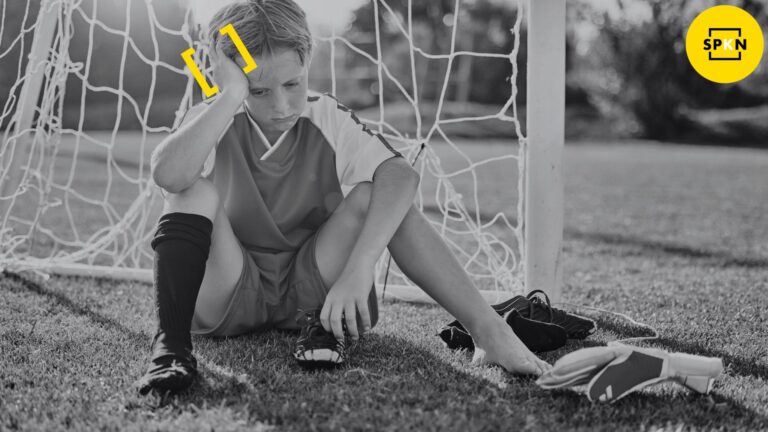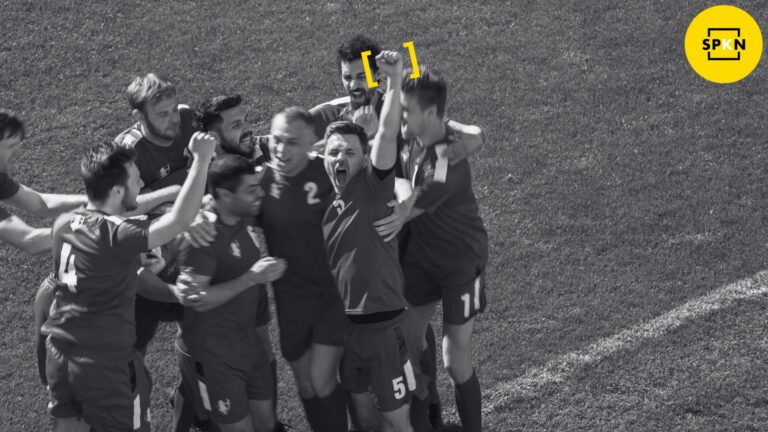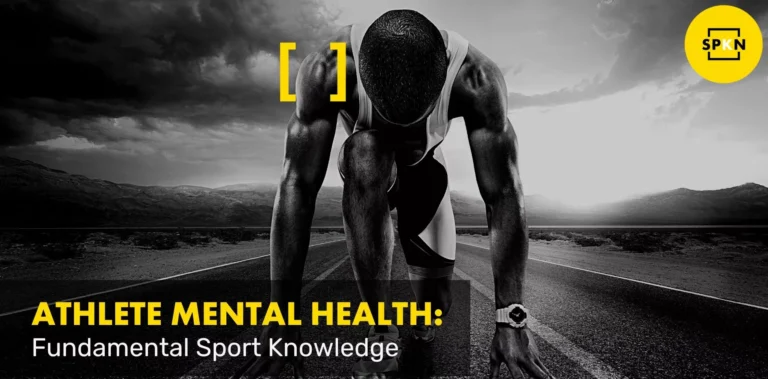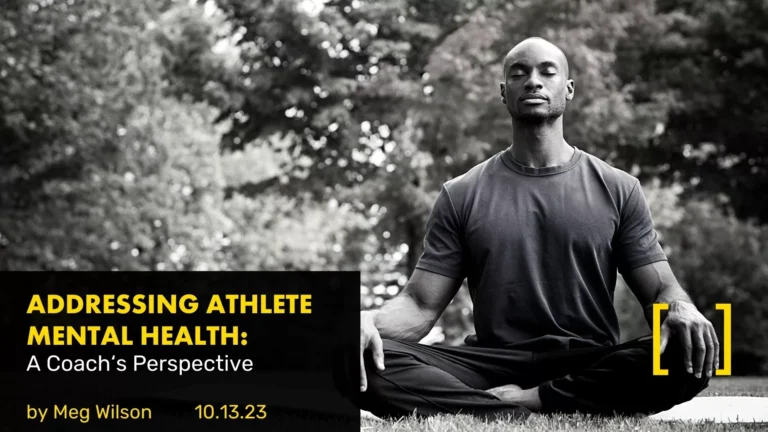Inexperienced Coaching: Effects on Young Athletes

Inexperienced coaching in youth sports can have significant, long-lasting effects on young athletes. These consequences extend beyond athletic performance, influencing personal development, mental health, and readiness for real-world challenges. Understanding the ripple effects of underqualified coaching underscores the need for improved training and support to ensure youth sports fulfill their role in fostering positive growth.Lack […]





